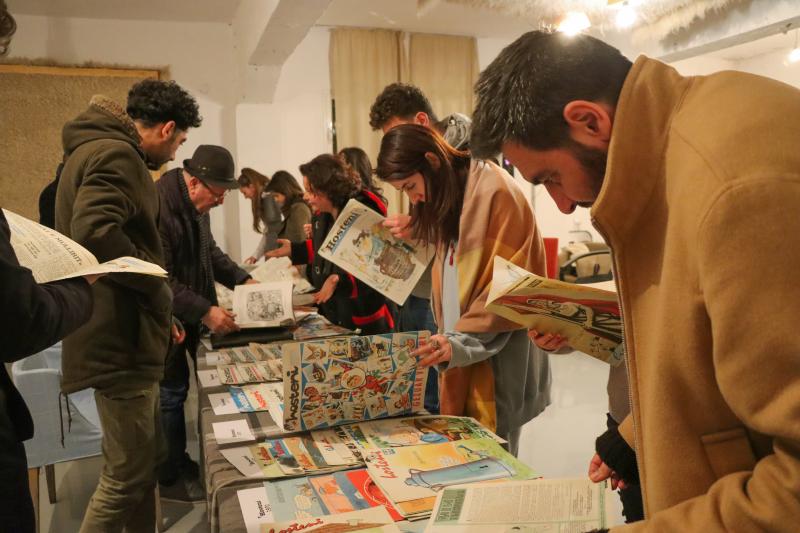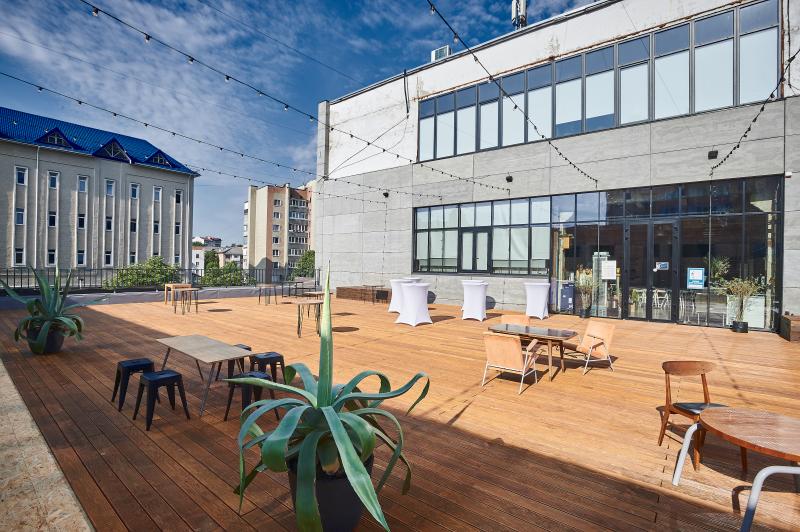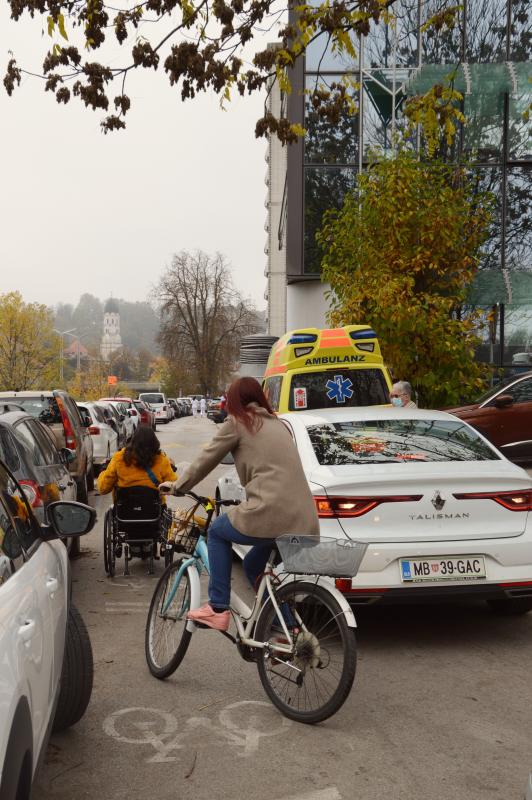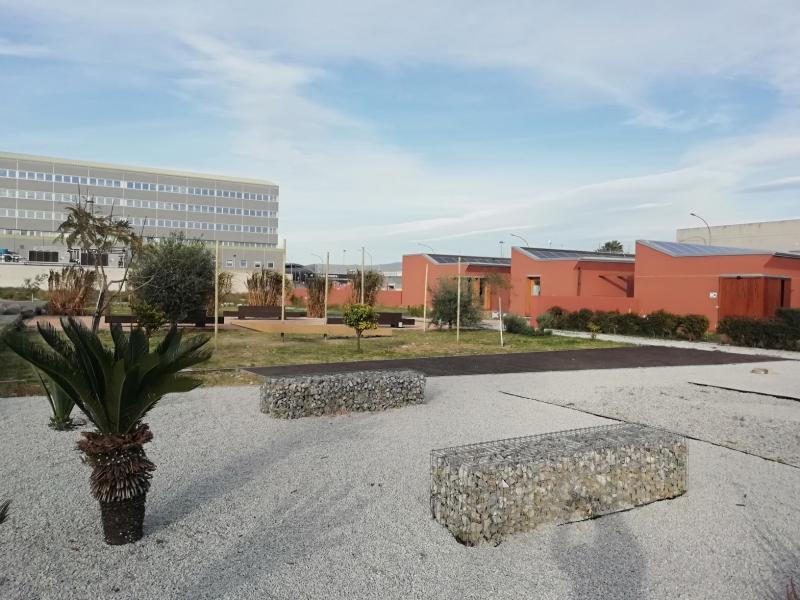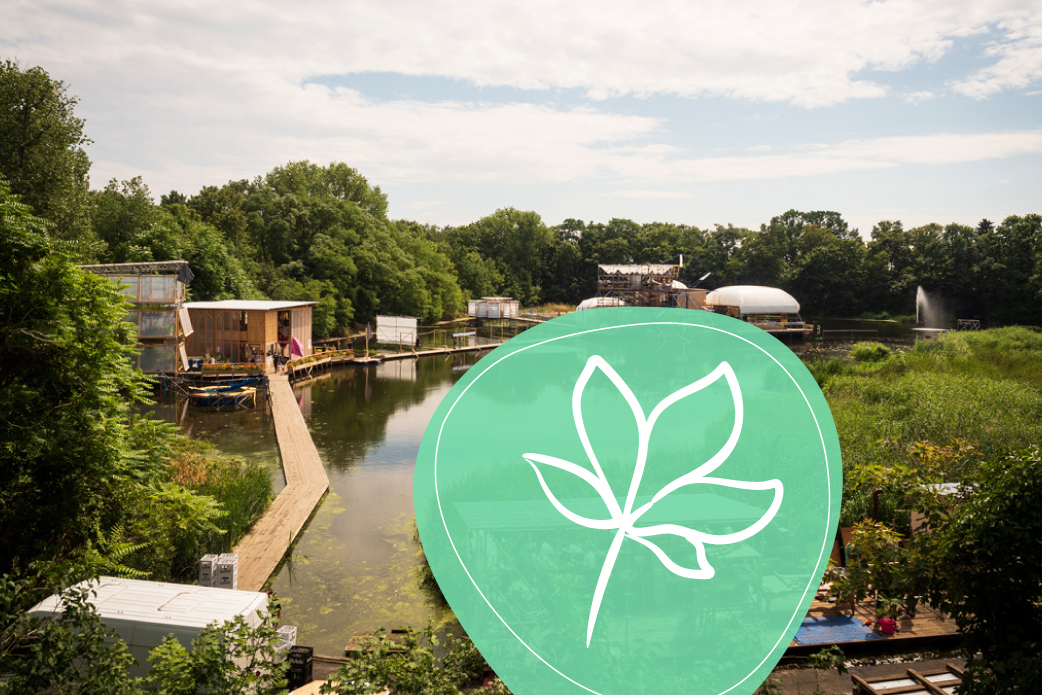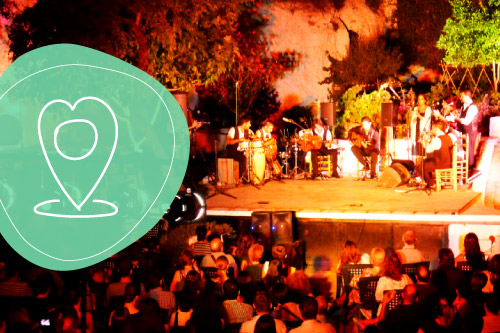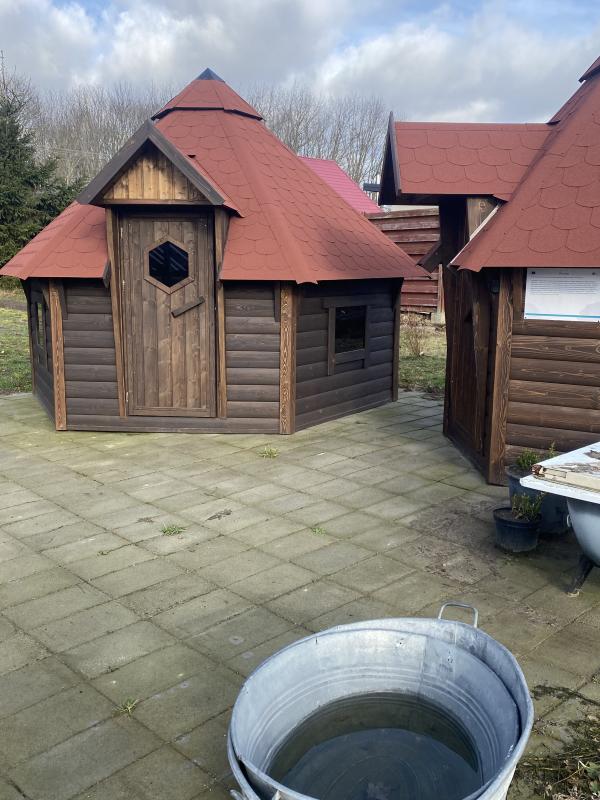
The Borowiackie Apitherapy Center combines the traditions of the Tuchola Forest region with a modern approach to health and nature conservation. It offers apitherapy, educational workshops, and a biodiversity enclave with a wildflower meadow and shelters for wild pollinators, supporting the local ecosystem. It promotes beekeeping, Borowiak traditions, and ecological awareness. Harmoniously integrated into the Tuchola landscape, the center attracts tourists, merging nature, culture, and wellness.


